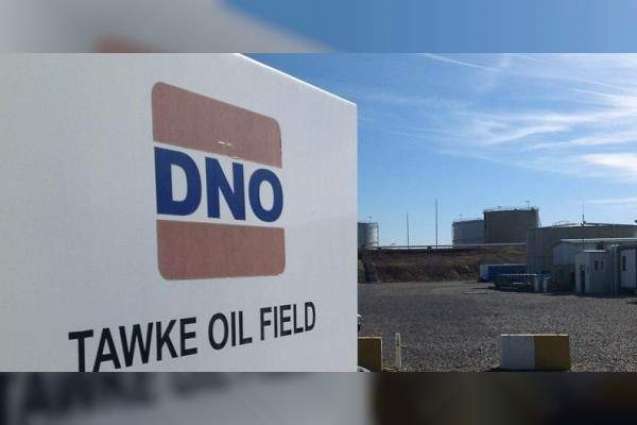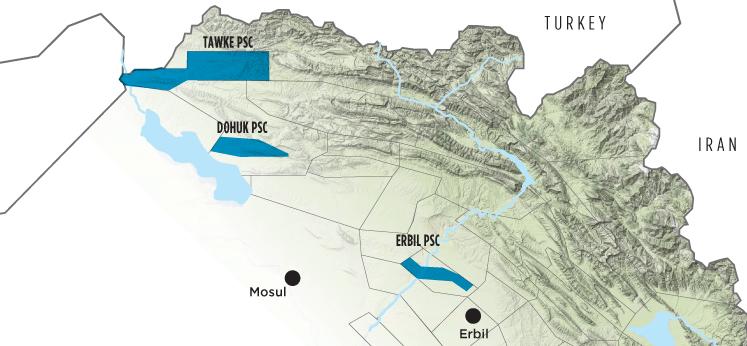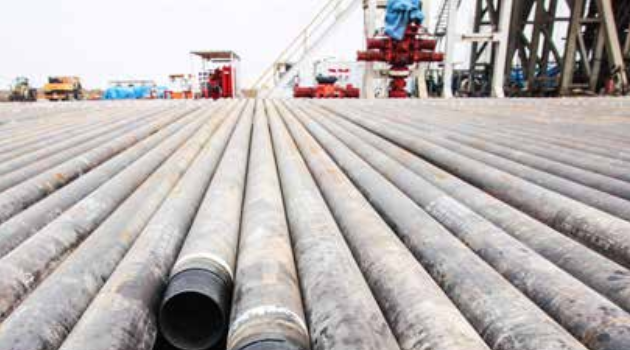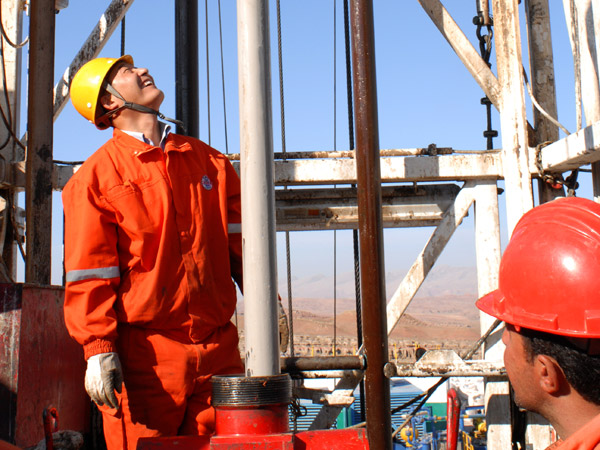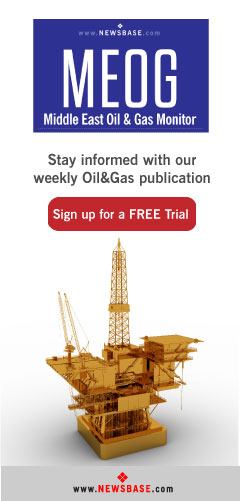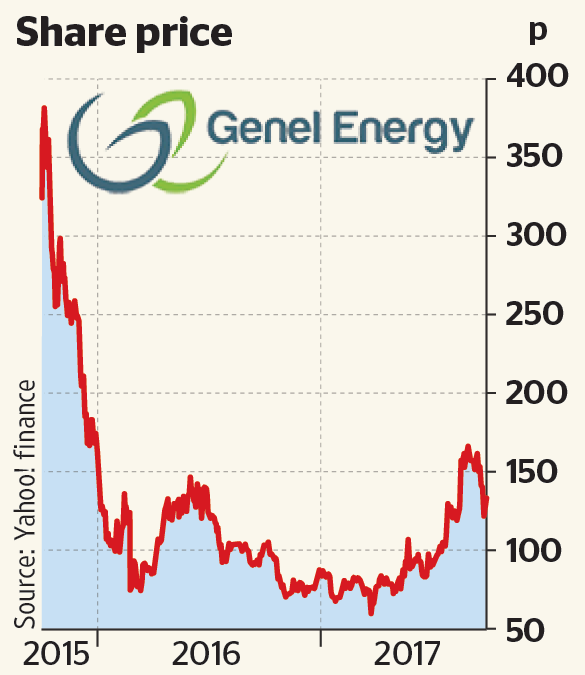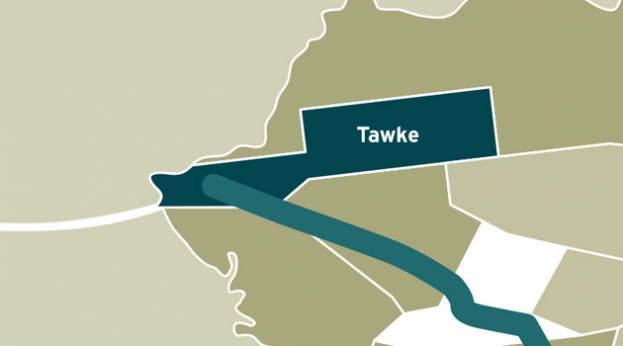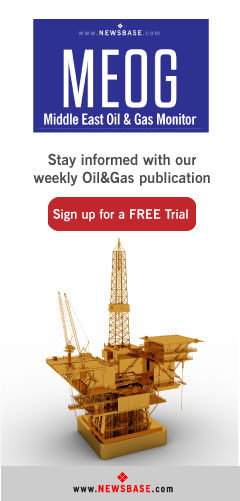DNO ASA, the Norwegian oil and gas operator, today announced plans for its first dividend distribution to shareholders in 13 years following release of strong half-year 2018 results, including revenues of USD 289 million which were up 83 percent from the same period last year. The Company also reported a net profit of USD 61 million and free cash flow of USD 142 million during the first half of the year.
“With growing production and robust and reliable revenues, the dividend announcement underscores confidence in our strong growth prospects,” said DNO’s Executive Chairman Bijan Mossavar-Rahmani (pictured). “Kurdistan is back and so is DNO,” he added.
The Company continues to ramp up activity in the Kurdistan region of Iraq, where fast track development of the Peshkabir field is expected to boost output by another 15,000 barrels of oil per day (bopd) to 50,000 bopd by yearend.
The Company, the most active driller in Kurdistan, has three rigs operating across its licenses with a fourth to be added next month.
Two rigs will be active at the flagship Tawke field to reverse natural field decline through workovers and the drilling of two wells in the main Cretaceous reservoir and two wells in the shallow Jeribe reservoir.
Operations will commence at the Baeshiqa license with another rig to be mobilized to spud the first well in September as part of a back-to-back, three-well exploration program. DNO acquired a 32 percent interest in and operatorship of the Baeshiqa license last year, joining ExxonMobil (32 percent), the Turkish Energy Company (16 percent) and the Kurdistan Regional Government (20 percent).
At Peshkabir, the fourth rig will spud Peshkabir-8 in 10 days followed by Peshkabir-9 in October. Early production and successful appraisal have raised previous field proven (1P) and proven and probable (2P) reserves. Two newly completed wells, Peshkabir-6 and Peshkabir-7, will commence testing by the end of this month before being placed on production. Peshkabir-6 is key to unlocking further Cretaceous and Triassic reserves.
“Peshkabir is proving prolific in production and has generated over USD 300 million in gross revenue since startup last year or three times the investment,” said Mr. Mossavar-Rahmani.
Elsewhere, DNO recently completed the sale of its Tunisia assets and relinquished Block SL18 in Somaliland as part of the Company’s ongoing rationalization of its portfolio through divestment of non-core assets and focus on expanding operations in Kurdistan and Norway.
Offshore Norway, the Company recently added six new exploration licenses for a total of 21 licenses and plans to participate in one exploration well in the fall, followed by at least five wells next year.
DNO retains indirect interests in North Sea assets through its 28.23 percent strategic stake in Faroe Petroleum plc and, given the size of its shareholding, will request seats on the board and has asked for an extraordinary general meeting to be called for this purpose.
DNO exited the second quarter with a cash balance of USD 584 million in addition to USD 288 million in marketable securities and treasury shares. The Company’s outstanding bond debt stands at USD 600 million.
The planned annual dividend distribution of NOK 434 million (USD 50 million equivalent), payable in two tranches, is subject to shareholder approval. To facilitate the distribution of the planned dividend, the DNO Board of Directors will convene an extraordinary general meeting on 13 September 2018 (i) to seek approval for payment of a dividend of NOK 0.2 per share in H2 2018 to be distributed to shareholders of record on 13 September 2018 (as registered in the VPS on 17 September 2018), and (ii) to seek authorization to approve an additional dividend payment of NOK 0.2 per share in H1 2019.
(Source: DNO)

